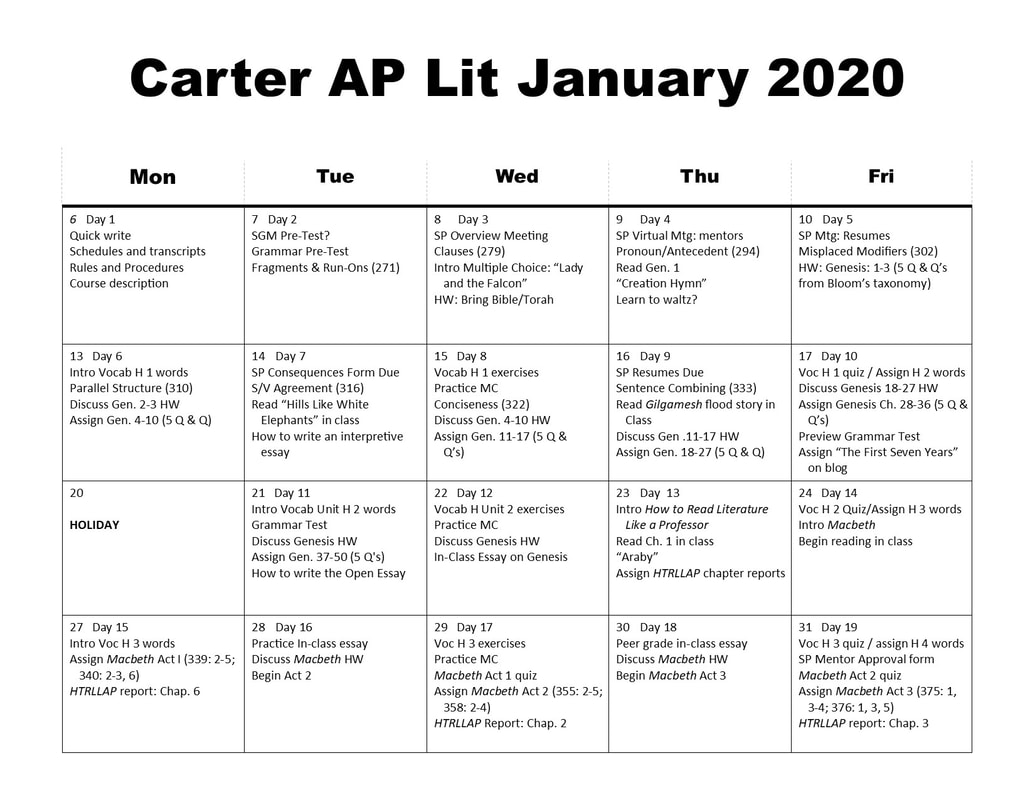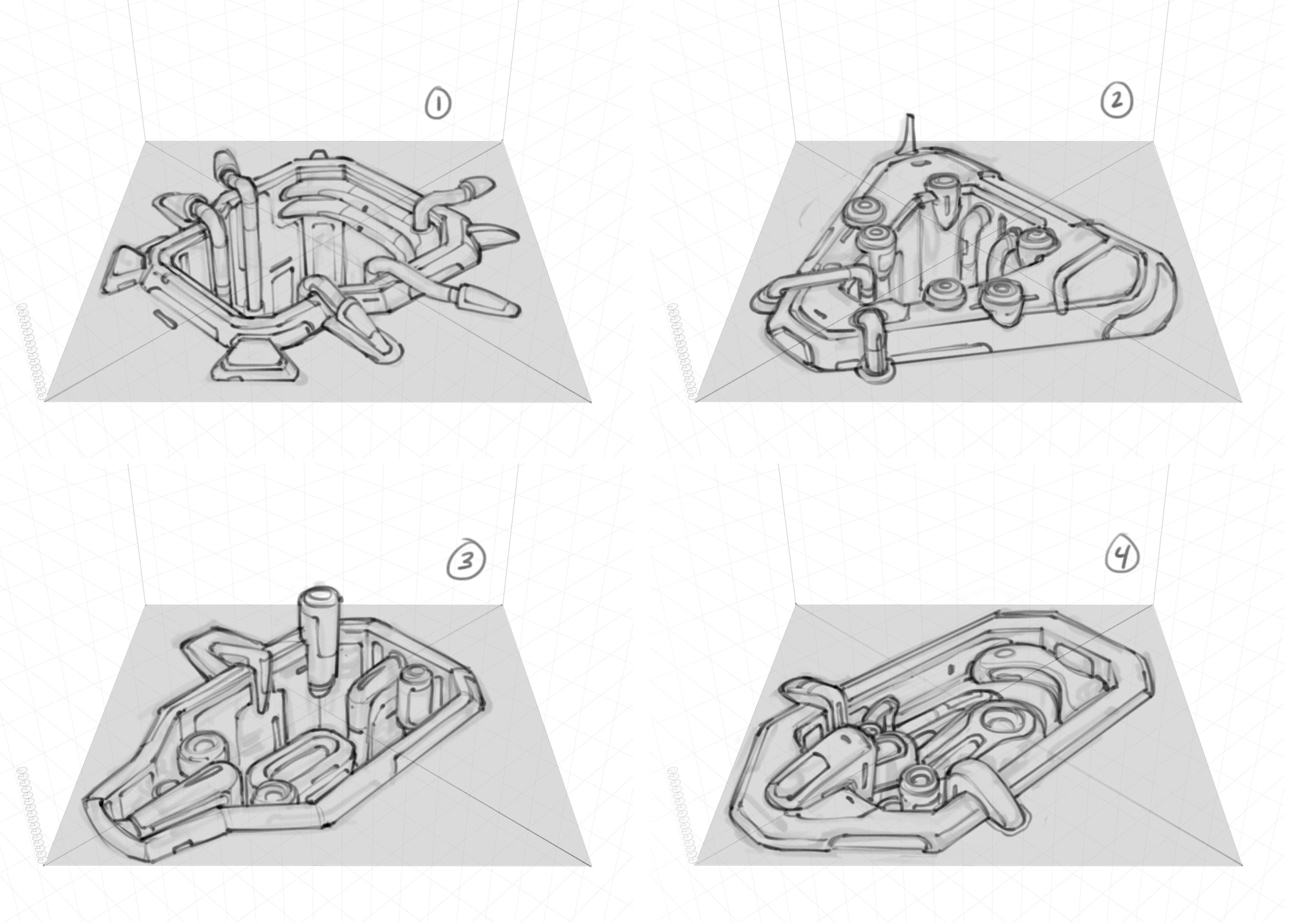Lady Macbeth Act 1 Scene 5 GCSE English Literature.
Summary and Analysis Act II: Scene 1. As Macbeth makes his way toward the king's bedchamber, he encounters Banquo with his son Fleance. Banquo has been unable to sleep and explains to Macbeth that he has been dreaming of the weird sisters.Macbeths soliloquy act 2 scene 1 essay question paper discusses why women are playing such a major role and how ecofeminism, a branch of feminist theory, can be applied to macbeths soliloquy act 2 scene 1 essay question area of environmentally-related consumption to shed light on the connection between women and the natural environment.Macbeth Act 2 Scene 1 Lessons. 2 lessons on this scene - general annotation and understanding, then focus on the dagger soliloquy by digging deeper into allusions and alternative interpretations. Made for an engaged middle set - many ways to adapt!
In Act 2 Scene 2 Macbeth and Lady Macbeth are presented in various ways throughout the scene. This is because of the tense and anxious nature of the scene. The characters go through a number of changes in feeling through the scene; these changes will be looked at in detail in the main body of the essay.Summary: Act 2, scene 1 Banquo and his son Fleance walk in the torch-lit hall of Macbeth’s castle. Fleance says that it is after midnight, and his father responds that although he is tired, he wishes to stay awake because his sleep has lately inspired “cursed thoughts” (2.1.8). Macbeth enters, and Banquo is surprised to see him still up.

Macbeth: Act 2, Scene 1 Translation. BACK; NEXT; A side-by-side translation of Act 2, Scene 1 of Macbeth from the original Shakespeare into modern English.











